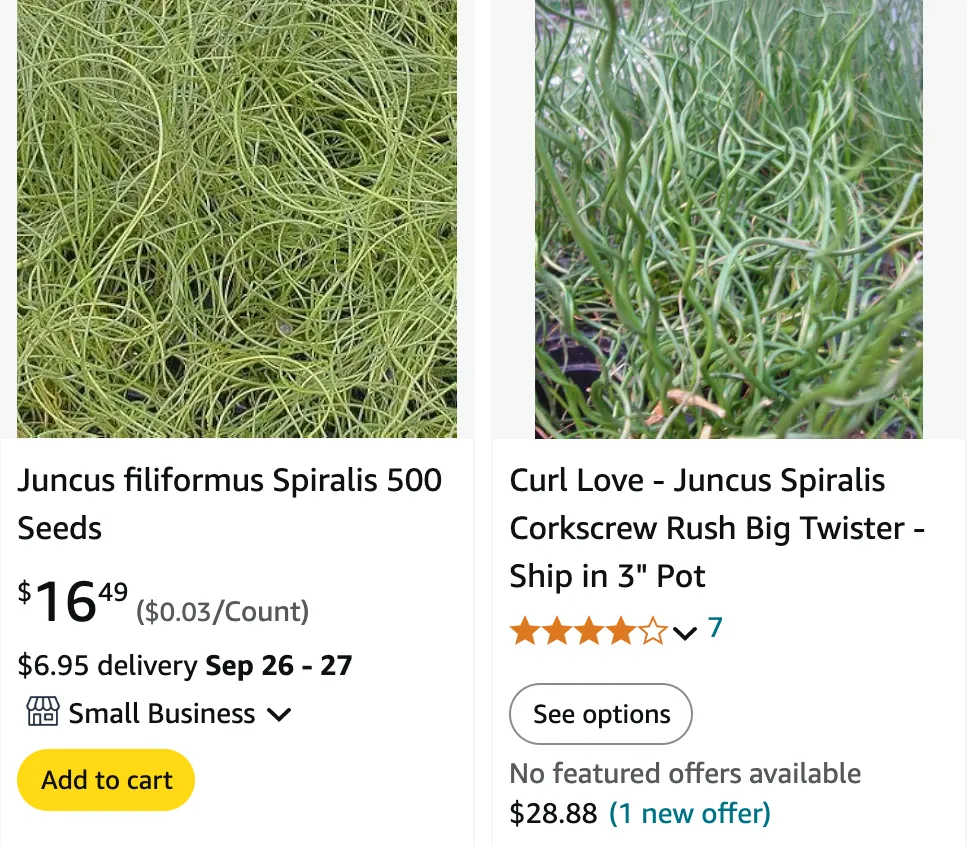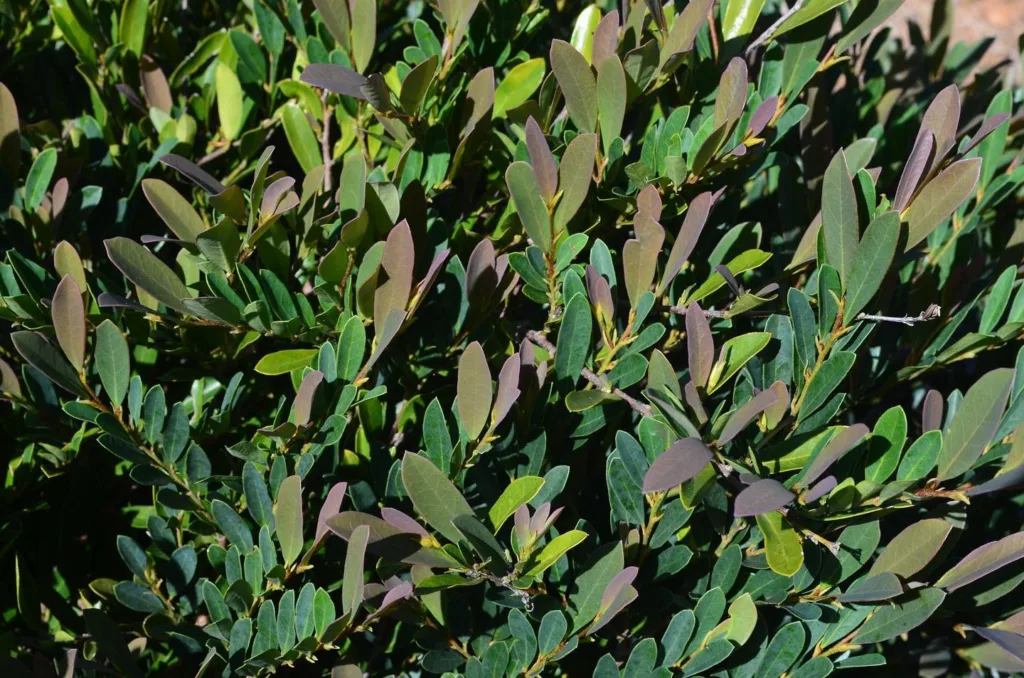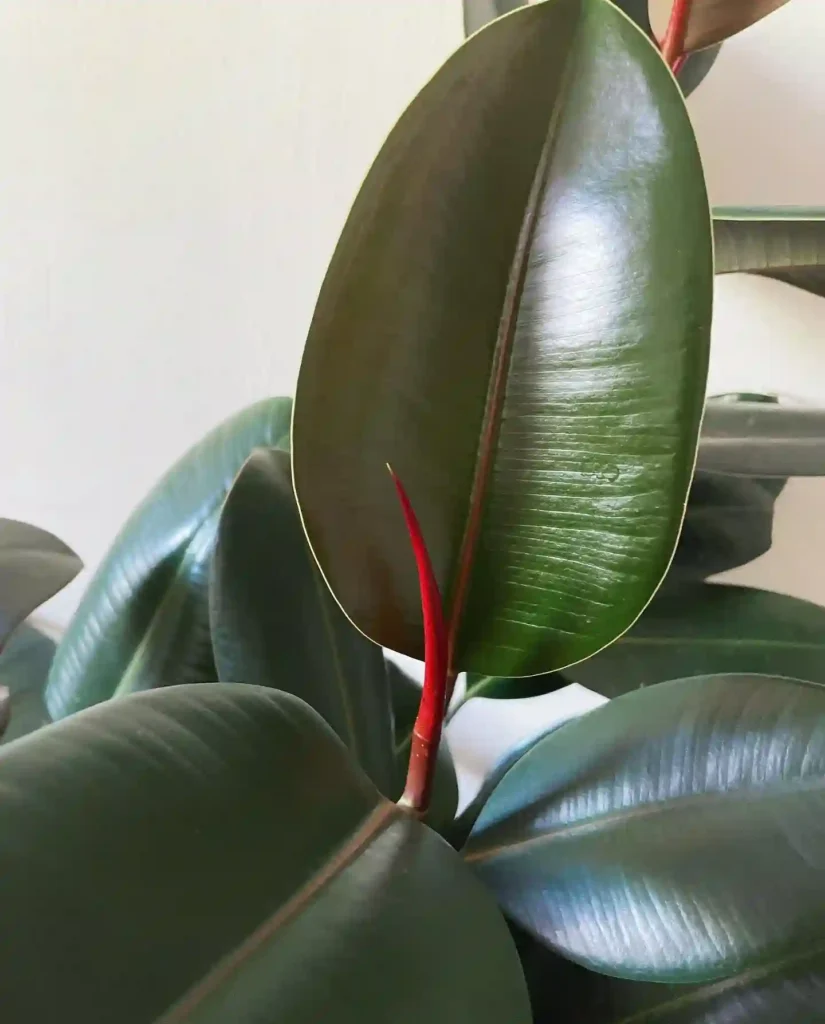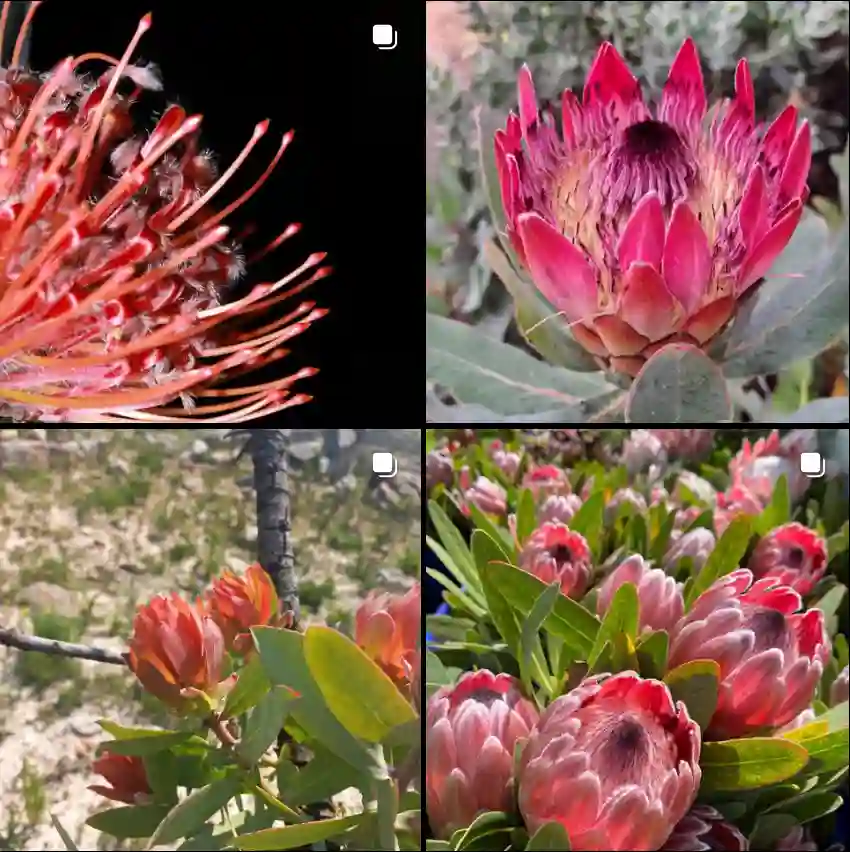
FAQs About Juncus Spiralis
I’ve been growing Juncus Spiralis for a while now, and I’ve come across quite a few questions from fellow plant enthusiasts. This unique plant, often referred to as the Spiral Rush, can be a fascinating addition to any garden or indoor space. Here’s a comprehensive guide answering the most frequently asked questions about Juncus Spiralis.
366 Species in Genus Juncus
What is Juncus Spiralis?
Juncus Spiralis, commonly known as Spiral Rush or Corkscrew Rush, is a perennial grass-like plant known for its distinctive twisted foliage. Native to Europe, this plant adds a unique architectural element to gardens with its spiral stems that create a visually intriguing display. Its ability to thrive in various conditions makes it a popular choice for both gardens and container displays.
How to Care for Juncus Spiralis?
Caring for Juncus Spiralis is relatively straightforward. Here’s what I’ve learned from my experience:
- Light: Juncus Spiralis prefers full sun but can tolerate partial shade. In bright locations, its twisting stems become more pronounced.
- Watering: This plant enjoys consistently moist soil. Ensure it doesn’t dry out completely, but avoid waterlogging, which can lead to root rot. Regular watering, especially in hot weather, is essential.
- Soil: It thrives in well-draining soil. While it can adapt to various soil types, adding organic matter can improve its overall health.
- Temperature: Juncus Spiralis is quite hardy and can tolerate a range of temperatures. However, it performs best in mild climates.
Is Juncus Spiralis Poisonous to Cats and Dogs?
A common concern among pet owners is whether Juncus Spiralis is safe for animals. From what I’ve researched and observed:
- Is Juncus Spiralis Poisonous to Cats? No, Juncus Spiralis is not known to be toxic to cats. While it’s always best to monitor pets around plants, this particular species is generally considered safe.
- Is Juncus Spiralis Poisonous to Dogs? Similarly, Juncus Spiralis is not toxic to dogs. However, it’s a good practice to ensure your pets don’t chew on plants, as ingesting any plant material can potentially cause digestive upset.
How to Propagate Juncus Spiralis?
Propagating Juncus Spiralis can be a rewarding process. Here’s how I go about it:
- Division: The easiest method is through division. In early spring or late summer, gently divide the plant at the roots. Replant the divisions into new pots or garden spaces, ensuring each piece has a healthy root system.
- Seeds: Propagation from seeds is another option. Harvest seeds from mature plants and sow them in a seed tray filled with moist, well-draining soil. Keep the tray in a warm, sunny location. Germination can take a few weeks, so patience is key.
How to Sow Juncus Spiralis Seeds?
Sowing Juncus Spiralis seeds is fairly simple:
- Preparation: Start by preparing a seed tray with a fine, well-draining potting mix. Moisten the soil before sowing.
- Sowing: Scatter the seeds evenly across the surface of the soil. Lightly press them into the soil but don’t cover them too deeply as they need light to germinate.
- Care: Keep the soil consistently moist but not soggy. Place the tray in a warm area with indirect sunlight. Seeds should germinate within a few weeks.
Is Juncus Spiralis Pet Safe?
In summary, Juncus Spiralis is considered pet safe. It doesn’t possess the toxic qualities that some other plants have. Nonetheless, always monitor pets to ensure they don’t excessively nibble on plants, as this could potentially cause minor digestive issues.
Can You Grow Juncus Spiralis Indoors?
Absolutely! Juncus Spiralis can be grown indoors as long as it receives adequate light. Place it near a sunny window or under grow lights to mimic its natural environment. It can also adapt well to container life, making it an excellent choice for indoor gardens.
What to Plant with Juncus Spiralis?
Juncus Spiralis pairs beautifully with a variety of plants. Here are a few suggestions based on my experiences:
- Ornamental Grasses: Combine it with other grasses like Carex or Festuca for a textured look.
- Water Plants: It works well with water plants like Water Lilies or Lotus in pond settings.
- Succulents: For a contrasting look, pair it with succulents like Echeveria or Sedum in container gardens.
Common Problems and Solutions
While Juncus Spiralis is relatively low-maintenance, it can encounter a few issues:
- Root Rot: Ensure the soil is well-draining to avoid this problem. If you notice mushy or discolored stems, improve soil drainage and reduce watering.
- Pests: Keep an eye out for pests like aphids or spider mites. Regularly inspect the plant and treat any infestations with appropriate remedies.
Compare with Other Similar Plants
If you’re considering alternatives to Juncus Spiralis, you might look at other ornamental grasses like:
- Juncus Effusus (Soft Rush): Similar in appearance but with softer, less spiraled stems.
- Carex (Sedge): Offers a range of textures and colors, though it lacks the unique spiral form of Juncus Spiralis.
Juncus Spiralis is a distinctive plant that can add a unique flair to any space. By following these tips, you can enjoy a thriving, attractive Spiral Rush that’s both pet-safe and easy to care for.
If i die, water my plants!



